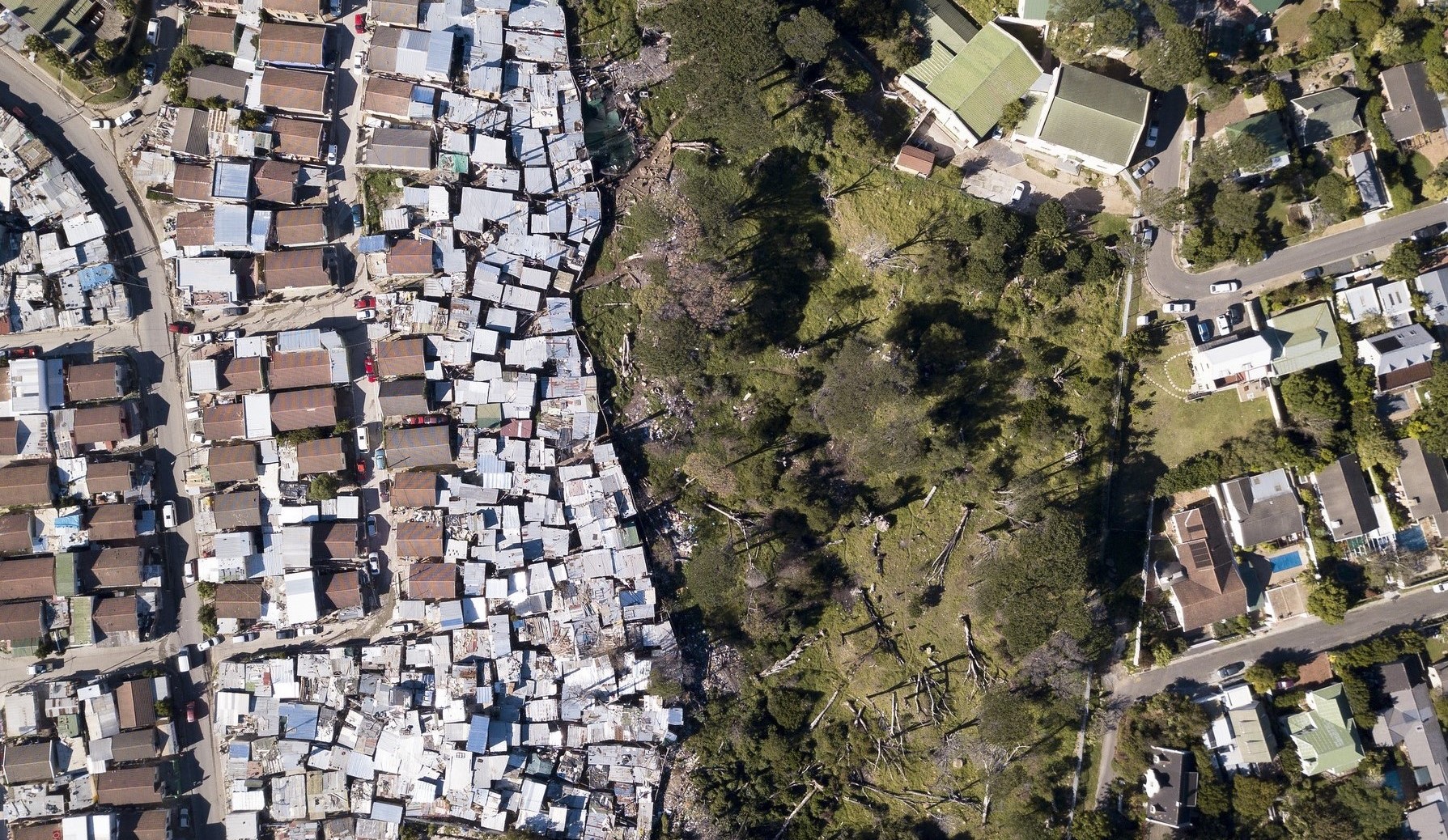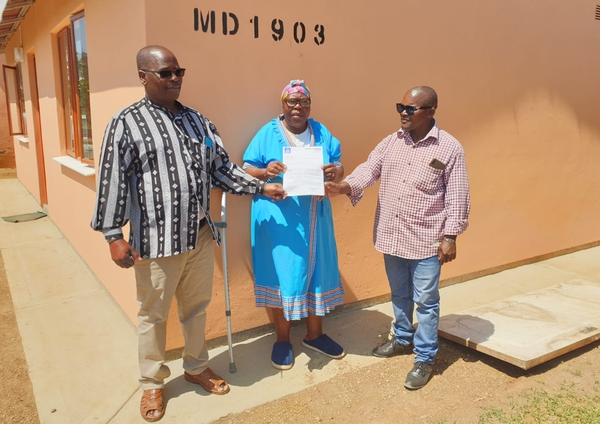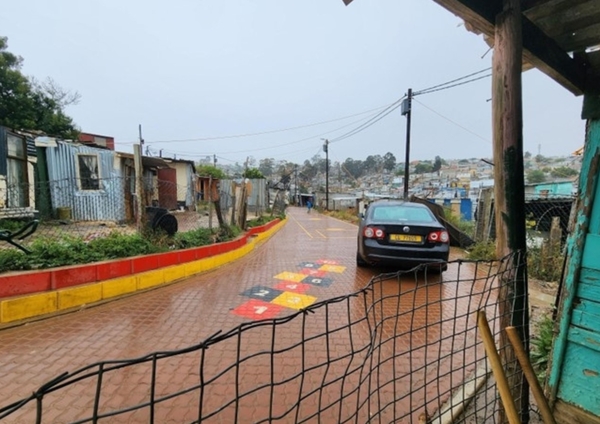- Who We Are
- How We Work
- Regional / Country Initiatives
- Legacy
- Core Themes
- Working Groups
- Portfolio & Results
- Newsroom
- Resources
South Africa: Building Self-Reliance and Community Resilience

Project Overview
South Africa faces significant challenges across social, economic, political, and environmental spheres. These challenges are compounded by inefficient policies and unreliable institutional frameworks. One major issue lies in implementing national housing and urban development frameworks at the municipal level. Recent policy changes prioritise providing sites and services over traditional housing, aiming to empower communities to construct their own homes.
The Community Organisation Resource Centre (CORC) is collaborating with the Federation of the Urban Poor (FEDUP) and the Informal Settlement Network (ISN), as the South African SDI Alliance, to tackle key issues prevalent in urban communities: unemployment and economic disempowerment, transitioning towards community-led housing solutions, basic services delivery shortfalls, voicelessness and lack of urgency, and the impacts of environmental degradation and climate change-induced disasters.
This project is part of the Building Resilience in Informal Settlements Programme, a partnership between Cities Alliance and Slum Dwellers International (SDI), funded by the Swedish International Development Cooperation Agency (Sida), to support civil society organisations working in informal settlements.

Project Results: 2022-2024
The project has bolstered savings schemes and networks across eight regions, benefiting 18,352 savers from 439 savings groups across 24 cities. In the process, 2,774 youth members have been supported. Significant progress has been achieved through revolving funds, resulting in the completion of additional houses.
Notably, one informal settlement upgrading project concluded in Enkanini, while progress continues on a reblocking project in Langrug. 10 households received improved housing. Alongside upgrading, significant progress has been made in profiling: 6 cities and 871 settlements were profiled and 1 settlement enumerated.
Monthly data on WATSAN service delivery challenges was systematically collected, leading to improvements in 35 settlements across Cape Town and eThekwini. Moreover, 27 regional and national federation leadership meetings were conducted, with 114 settlement-level campaigns taking place. 97 peer learning exchanges convened 3,190 individuals and enhanced their skills.
The CORC workshop aimed to foster a shared understanding of CORC's current status, assess readiness for change, and identify an optimal organizational structure. It clarified expectations for program staff, strategies for supporting social movements, and desired outcomes for CORC's work. Additionally, it prioritised areas for organisational development, such as values and communication.

Strengthened Collaboration Between Slum Dwellers and Government in Citywide Development in South Africa
The collaboration between slum dwellers and local authorities has led to 98 documented service delivery improvements in one municipality, constituting a 53 % increase from the previous year in solid waste management, enhanced community trust and better planning using community-driven waste data. The Cleansing and Solid Waste Unit now distributes refuse bags more effectively, collects waste more frequently, and is exploring employing community waste collectors. The initiative has also introduced recycling opportunities, enabling residents to earn an income while keeping their environment clean.
The improved municipal-community relationship has resulted in better sanitation, reduced health risks from waste-borne diseases and mitigated the impact of natural disasters, like flooding, which is worsened by blocked drainage. Additionally, dialogues on waste management have strengthened social cohesion, helping residents understand municipal constraints and shift from conflict to partnership-driven solutions. The federation has played a crucial role in building relationships, facilitating training and advocating for informal settlements. These efforts have empowered communities to actively participate in urban planning and service delivery, creating a cleaner, healthier and more resilient environment.
Key Achievements: 2022-2024
- 439 savings groups and 18,352 savers supported
- 2,774 youth members mobilised and supported
- 10 households with improved housing
- 6 cities and 871 settlements profiled and 1 settlement enumerated
- 114 city or national level advocacy campaigns conducted
- 27 regional or national level federation leadership meetings were held
- 97 peer-to-peer learning exchanges with 3,190 individuals
